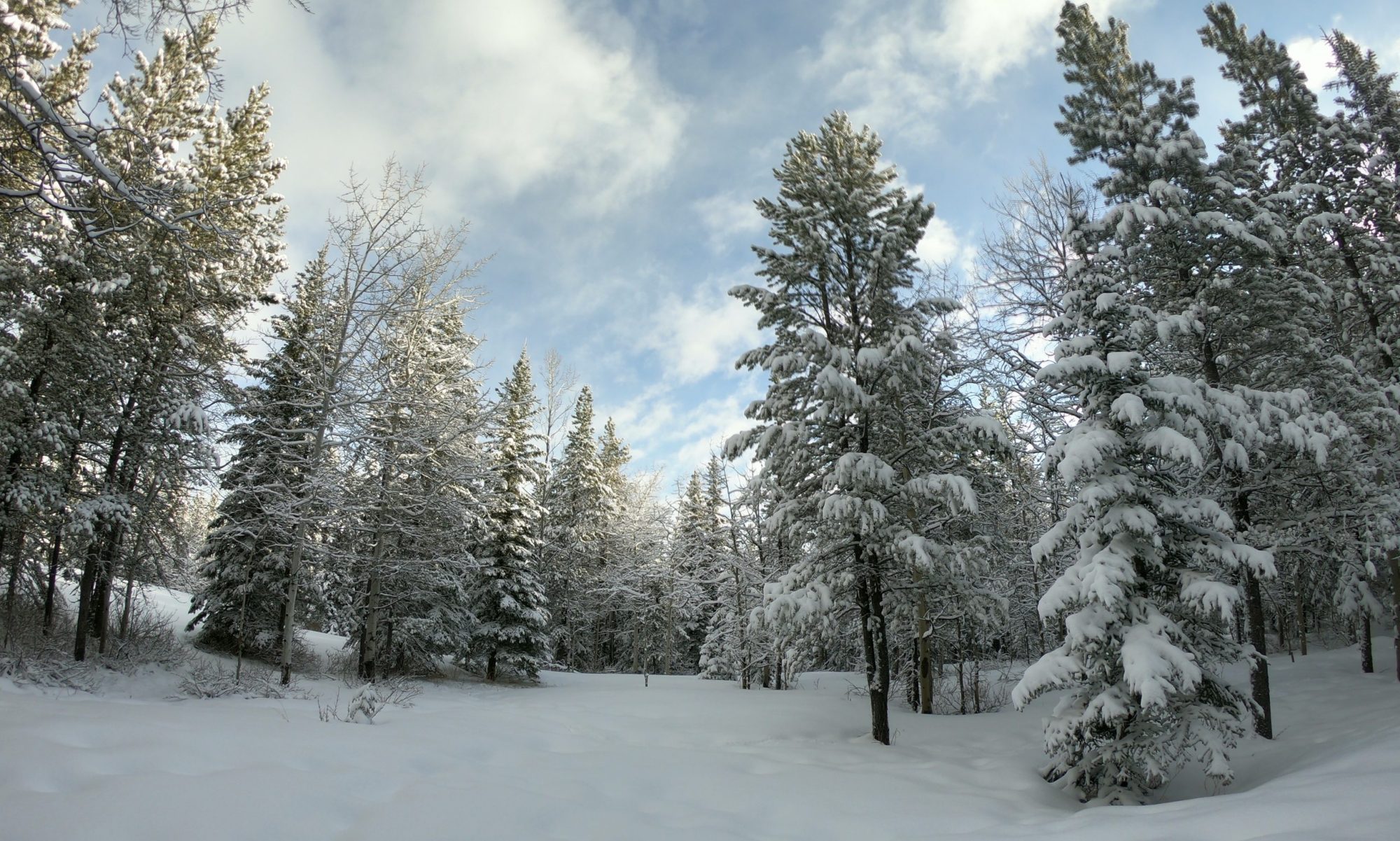One of the adages of cast iron cooking is that to improve your cast iron cookware, just use it.
What is not necessarily clear in that basic advice is that to make any cast iron seasoning better, stronger, and more resilient, the use of your cast iron should follow a couple basic principles about how it should be used. Simply:
Heat and oils are good in that they improve your seasoning.
Soaps and acids are bad in that they degrade your seasoning.
So, where does water fit into these rules? And what do we mean by boiling water?

For example, a lot of recipes call for a portion of water (or broth or wine or other neutral liquid) and instruct bringing it to a boil. Is this bad for the pan?
Or, when I first started using my cast iron dutch oven I was unclear on if I could use it to, say, cook up a big pot of pasta or if I should stick with the steel pot we’d been using for years.
I did a lot of reading on this a number of years ago and the best advice anyone gave me on this topic is simply that the strength of cast iron is not boiling water: there are better tools.
Boiling water is not necessarily going to ruin you cast iron, but it’s definitely not going to improve it. In the same vein of thinking, adding liquid to you recipe is fine, though these are not the dishes that build up the seasoning nor make it better. Water in your pan or pot does not follow the basic principle that heat and oils are improving your seasoning. And some have argued that boiling water alone (or with salt or pasta) can actually loosen the seasoning on your pan and cause it to flake off.
In a pinch (say out camping with a single pot) sure… heat up that soup, steam your veggies over the fire, and just use your iron. That’s what you’ve built up that legacy seasoning for, after all. But know that you’re withdrawing from the seasoning bank you’ve been saving into.
So again, there are better tools. Keep and use a steel pot, and save your cast iron for what it does best. Not boiling water.
